This post may contain affiliate links.
Your gut instinct is one of the most unique qualities and strongest traits about you. Only you have access to this influential tool and only you have the power to use it. We’re often told, “trust your gut” but never told how. Never taught how to listen, how to interpret, how to decipher what our gut is even trying to tell us.
[RELATED: What is Impostor Syndrome and How to Befriend it]
What is ‘Gut Instinct’ and should you “trust your gut”?

At its core, your gut instinct is the immediate reaction to an event or situation. Its a wave of emotion that comes to you physically manifesting in your gut, literally. It’s an emotion or feeling you just know without any other information. For example, maybe its a stranger saying hi and you immediately feel repulsed or frightened. Or perhaps the opposite, you immediately feel inspired to talk to them or butterflies of nerves.
That’s not to say this instinctual feeling is correct, although more often than not it is. The trick is learning to listen to its reaction, understand where it’s coming from, and then following its orders. When you learn to listen and act accordingly, you become more attune to your body and soul. Maybe that sounds like nonsense or gibberish or gobbledygook, but hear me out.
[RELATED: Discover Your Core Values]
The science behind intuition
Your body is programmed to survive. That is a natural instinct you are born with. These behaviors are why newborns cry when they are born, their brain tells them to open their lungs to breathe oxygen for the first time. It’s why our stomachs rumble when we are hungry, it’s a literal reminder to eat to nourish the body. It’s why you get horny, our bodies crave sex to procreate. Of course, we all enjoy each of these actions, but that is entirely separate from the internal programming designed to keep us alive.
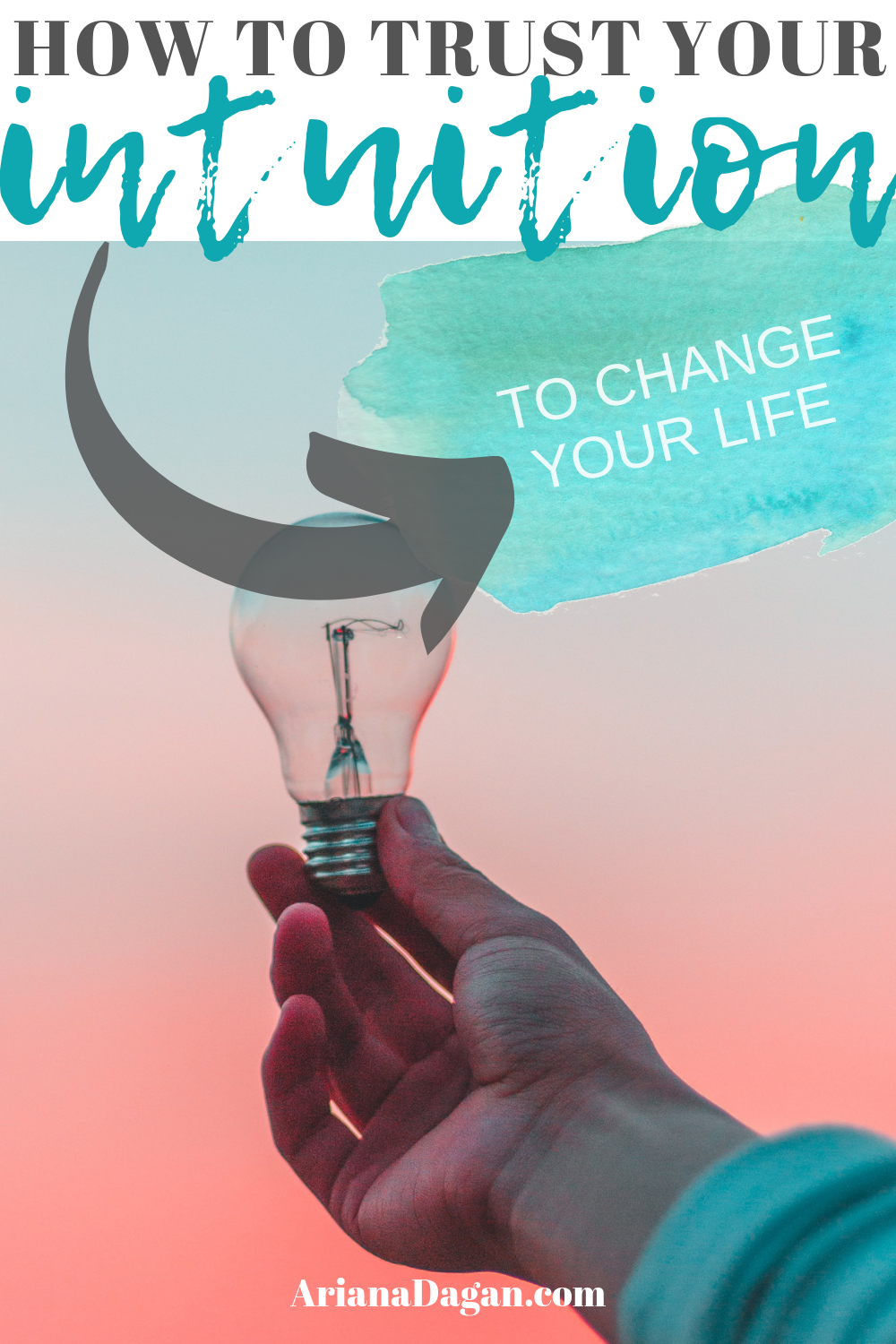
This survival instinct is what has kept us alive for thousands of years, by putting us at the top of the food chain. Our ability to connect our emotions with our brains is what sets us apart from other mammals.
For years, the science community has suggested the gut is the bodies ‘second brain’. However, recent studies have begun proving the direct connection between the stomach and brain and many doctors have even begun experimenting with gut health for neurological disorders such as Autism and Alzheimer’s. There’s a long way to go, but so far, beautifully surprising results.
The point is if your gut is connected to your brain, whether as the second chair or even first, it clearly knows what’s going on with your body and how to appropriately react to a situation. So does using ones ‘intuition’ really deserve society’s stigma of being untrustworthy or foolishly idealistic?
[RELATED: How to Practice Self Care When the Status Quo is Self Hate]
Can INTUITION be taught?
The first step in utilizing your gut instinct is to actually open your mind to hear it. Yes, everyone has intuition. Everyone is capable of doing this. It’s not about teaching a skill, its about teaching how to harness said skill. Ironically, as kids we’re often taught to trust our instinct, to listen to our gut. Yet as we get older we’re taught the opposite: feelings and emotions should be left out of decision making, especially in things pertaining to career and business. So which is it?
Both. Listening to your gut is not a bad thing, it’s telling you something for a reason.
LISTEN TO IT.
Maybe you won’t end up taking the advice, but we’ll talk more about that in a moment. But by listening to your body, giving it a voice to be heard, you’re respecting yourself. Respecting your internal thought process, respecting your own emotions. You’re giving yourself a voice and perspective.
So next time your gut starts rumbling (besides when it’s hungry), take a moment to pause and listen to what it’s saying before your jump to react or simply ignore it.
[RELATED: How to Get Out of Your Own Way to Achieve Success]
Understanding your gut instinct
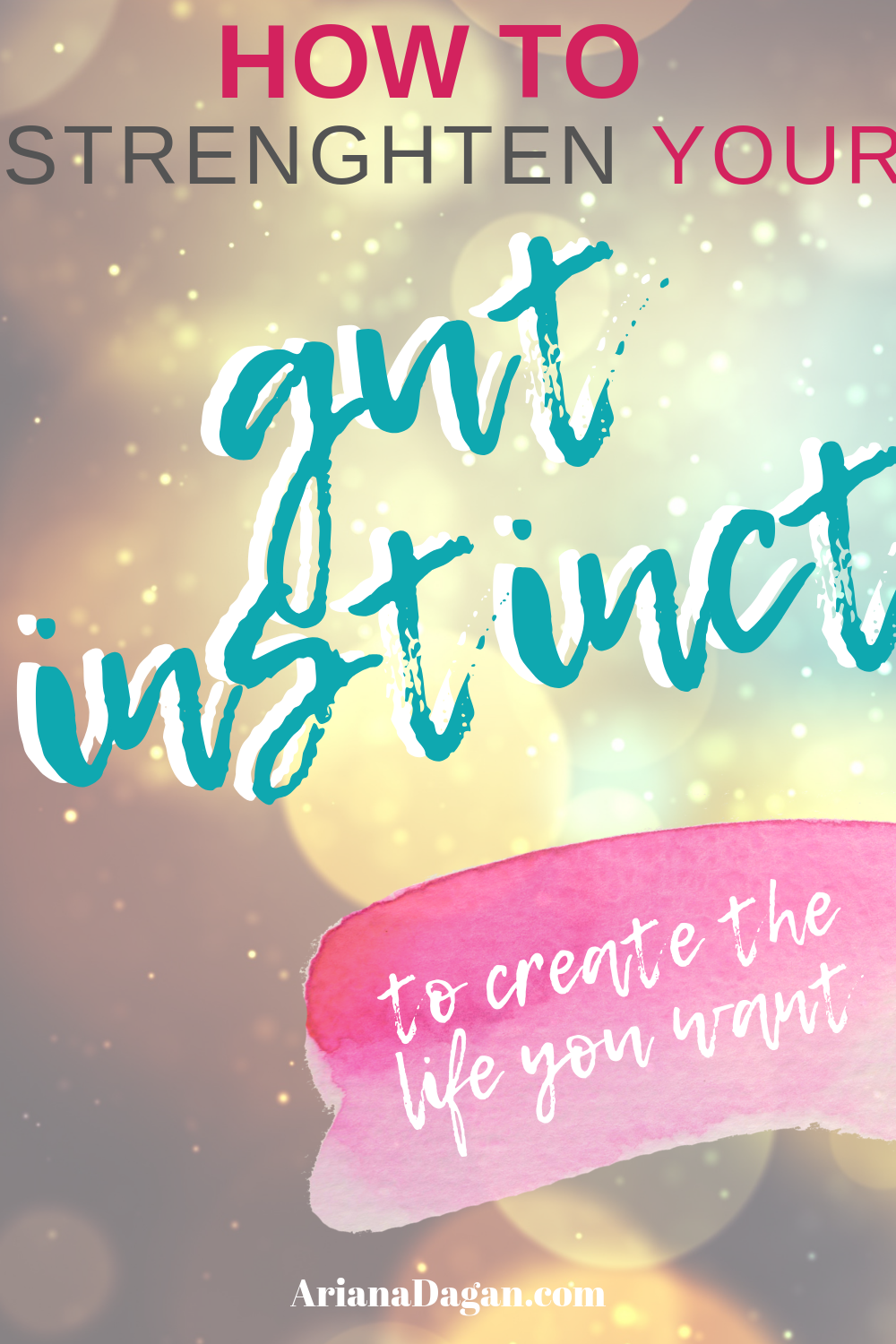
Now, you’ve listened to what it says, and perhaps your immediate reaction is to ignore it or shrug it off, or disagree entirely. But hear it out. Remember, it’s coming from a place of survival and love. Your body would never do something to knowingly cause you harm. So while it may be wrong because it doesn’t know all the facts, it equally may not be.
Take a moment to figure out why it’s telling you something. Let’s look at the stranger danger example again.
Your immediate knee jerk response to this stranger saying hi, is to run. Now consider why.
- Is it something they are wearing? Are you judging their lack of money or having too much money?
- Is it the look in their eye? What does that look tell you?
- Is it the way they said it? Does the accent throw you off? Did it have inappropriate undertones?
- Is there an attribute about them that makes you uncomfortable? Disability or handicap?
- What exactly are the feelings you have? Uncomfortable? Angry? Scared?
Once you’ve uncovered the reasons for feeling a certain way, you will know better how to respond. Now put it all together. Are you uncomfortable because they have a disability? Nervous because they look homeless? Scared but no tangible reason why?
If you feel your reaction is due to internal bias, this is a great opportunity to overcome that prejudice and learn something. Take a moment to say hi back and ask a question. However, if your reaction doesn’t seem to be based on an obvious bias but you still feel a strong reaction, consider trusting it.
[RELATED: 9 Ways to Choose Happiness, and When Not To]
How to Develop your intuition, trust your gut and live by it
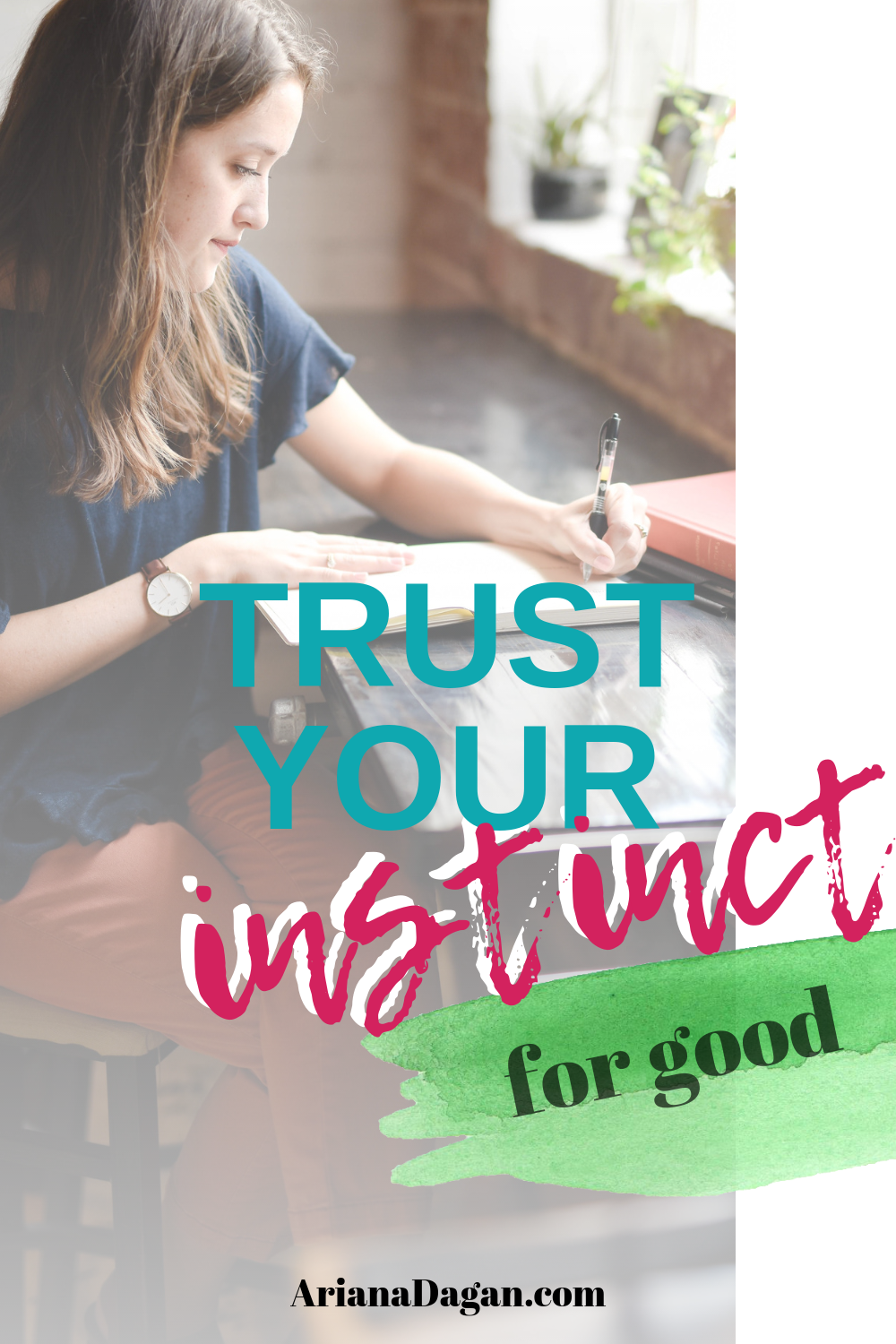
The truth is, we all have internal biases. We call them cognitive bias. It doesn’t mean you’re racist or prejudiced against someone (although it 100% could be). It means you lean a certain way on a subject based on your personal experiences and knowledge. It’s natural. You are making decisions based entirely on what you know and have experienced. Truthfully, that’s all you can do because that’s what you mentally have access to. That in and of itself is not a bad thing until you refuse additional knowledge or experiences that could potentially sway it.
If you have no logical reason to refuse experience or knowledge, there should be no reason to not open your mind to a new possibility. Trying something new doesn’t force you to enjoy it or do it again. In fact, the result may solidify in your mind your current bias. Which again, is fine as long as you’re open to trying.
These cognitive biases are the basis of our intuition. Our current knowledge set is what defines this and generates the response our gut instinct gives. By questioning its response, understanding its bias and challenging it when appropriate, we grow. Grow as human beings, growing our knowledge base and therefore our relationship with our intuition to trust your gut.
So give it a try, question your intuition when it arises, but trust your gut when appropriate. You’ll form a healthy relationship with your gut instinct which in turn will strengthen your core values and help you in decision making throughout your life.
[RELATED: 8 Habits Killing Your Confidence (And How to Fix Them)]


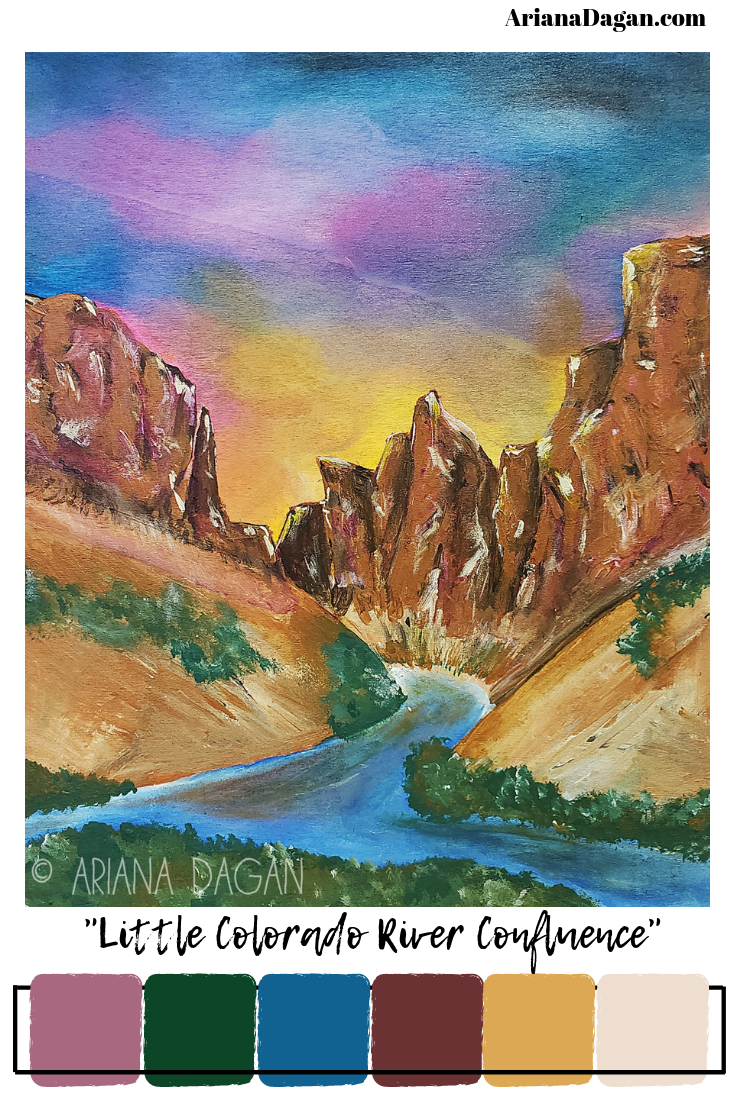


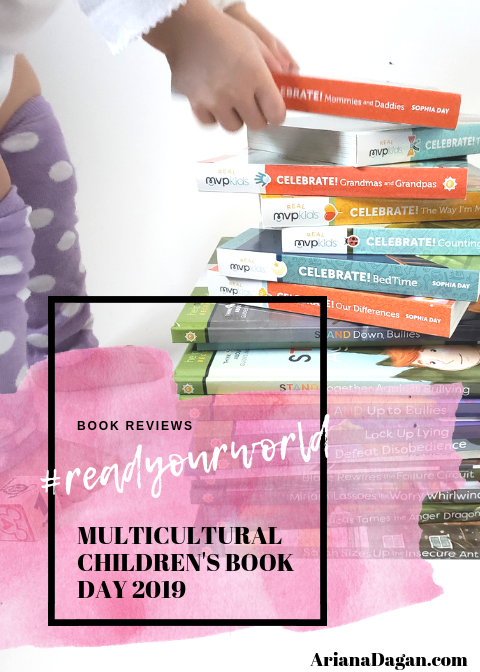


As my experience of trusting my intuition shows, it is very useful, because it helps to protect yourself from many problems and shocks that could happen to you.
[…] [RELATED: How to Trust Your Gut Instinct] […]
This is interesting.
I also believe in going with your gut, but sometimes also refer to this as the voice of conscience (sometimes) or the impressions from the Holy Spirit, if I am praying and asking for guidance.
We have to learn to to listen to our inner voice; I can definitely ageee with you here.
There have been several times when I could not explain why I felt a certain way, but had unmistakeable apprehension. Paying attn to that saved the life of my toddler!
Thanks for writing this.
This is so helpful. As a woman and a runner, there have been times I have had to rely on my gut instincts when I have encountered a stranger on a deserted road. It’s scary!
Love this! I am a very intuitive person, however, I do struggle to rationalize when its mixed with the anxieties in my mind. This post is a great eye opener on how to toon into your intuition! Thanks for the great read!
[…] [RELATED: How to Trust Your Gut Instinct] […]
I always listen to my intuition and as woman I feel like that’s our third eye.
This is such an insightful post! I often second guess myself and it causes me a lot of stress. I really needed to read this.
This was really helpful! I used to think I was good at gut instincts but experience has taught me otherwise! This is helpful is learning more!
This is a very insightful examination of intiution. I really appreciate the inclusion fo questions to help you get to the root of feelings/reactions. Definitely a worthwhile endeavor.
Love this and will be passing some of these thoughts on to my teenagers. So much wisdom here to share. xoxo
Great post!
This is such an insightful look into intuition. I love the connection you’ve made to general research of our guts to our brains and how that can continue to play a role in our intuition. I’ll definitely be using the suggested questions when I feel an internal response to help dig deeper.
I have always been a firm believer that one should trust their gut instincts about things. Doing so has saved my butt in countless situations. I think people are tempted to talk themselves out of that initial reaction though, when in reality, they need to just have a little trust in themselves.